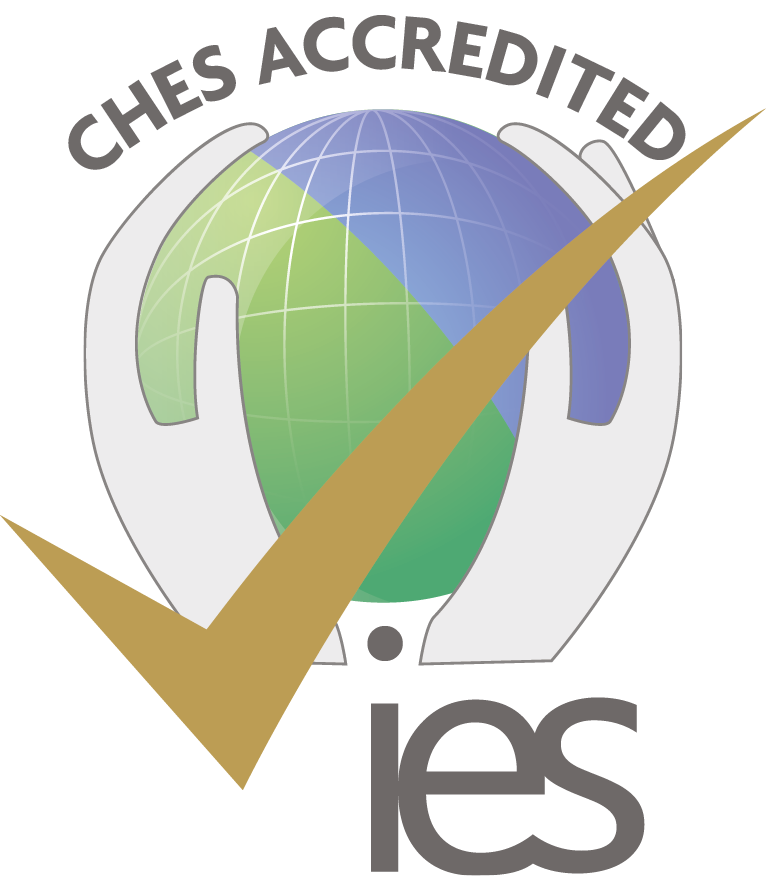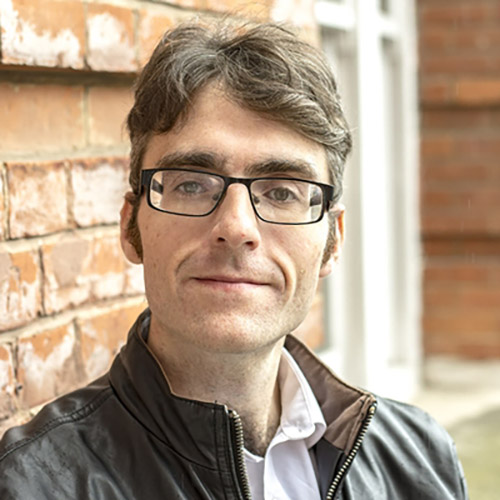Global Environmental Change, MSc
Gain a solid foundation in environmental science, data analysis, and land/water-use interactions with this exciting Master’s in Global Environmental Change.
With our MSc Global Environmental Change, you'll develop the knowledge and skills to address some of the world's major challenges. Your study topics include climate change, environmental law and policy, meteorology and sustainability. This wide-ranging programme reflects the strength of unique expertise held within our prizewinning Natural Resources Institute (NRI).
Our recent interdisciplinary research ranges from practical areas with a direct relevance to climate adaptation - such as agricultural practices - to issues of equity and environmental economics. NRI academics who run modules for the MSc Global Environmental Change have contributed to global initiatives such as the Intergovernmental Panel on Climate Change (IPCC) assessment reports.
School
Location
Duration
1 years full-time
Start month
September
Home/international fees 2024/25
£11,000 /£17,450
What you should know about this course
What you will study
About the course team
At NRI, we hold high professional standards and place the student experience at the heart of all we do. We have over 80 academics publishing work of internationally leading quality, with 22 professors involved in research leadership. Many of our staff have become Fellows, Senior Fellows and Principal Fellows of the Higher Education Academy.
The course leaders is Dr Conor Walsh.
Come and meet us
We are offering virtual events so that you can still experience how Greenwich could be the right university for you.
Next Open Days
Got a question?
To find out more about our Open Days and Campus Tours or if you need any assistance, please email opendays@gre.ac.uk.
Entry requirements
Applicants should have:
An honours degree (at least 2.2 or above).
OR an equivalent professional qualification in an appropriate subject.
* Applicants from other backgrounds may be considered. Please email the Programme Leader at fes-courseinfo@gre.ac.uk.
For more information, contact courseinfo@greenwich.ac.uk or 020 8331 9000.
You can also read our admissions policy.
Available to overseas students?
Yes
Can I use Prior Learning?
In some cases, it may be possible to consider your prior learning and experience if it is specifically relevant to the programme. This might include research undertaken as part of your work experience or involvement in non-governmental organisations or projects. Applications are reviewed on a case-by-case basis.
Please note: there is no reduction in fees.
How you will learn
Teaching
Our taught modules are research-engaged. These are delivered through a combination of interactive lectures, discussions, and tutorials, with the use of appropriate and relevant case-studies. Most modules have a practical component that relates to the theory you cover in the classroom. Individual research projects help you learn to adapt and apply specific methodologies to unfamiliar problems.
Class sizes
We restrict our class sizes to enhance the learning experience of students. Class size is dependent on module options choice.
Independent learning
Our courses are designed to give you the space for exploratory and independent study. You'll work towards individual and group assignments and undertake the preparation/follow-up work associated with lectures, seminars, integrative assignments and laboratory classes.
A research skills module will shape your approach to independent learning, especially for your research project.
We encourage students to take advantage of a range of related extra-curricular opportunities. The faculty hosts regular seminars from NRI staff and external visitors on a range of diverse topics.
Overall workload
If you are studying full-time, you should expect the workload to be similar to a full-time job.
Assessment
Students will be assessed through a variety of methods, such as:
- Classroom presentations, discussions and case-studies
- Critical reviews, looking at new areas of research
- Examinations.
Feedback summary
University policy is to give feedback on assignments within 15 working days of the coursework submission date.
Examination results will be available within 28 days.
Dates and timetables
Each academic year runs from September to June.
Full teaching timetables are not usually available until term has started. For any queries, please call 020 8331 9000.
Fees and funding
Your time at university should be enjoyable, rewarding, and free of unnecessary stress. Planning your finances before you come to university can help to reduce financial concerns. We can offer advice on living costs and budgeting, as well as on awards, allowances and loans.
| Full time | Part time | Distance learning | |
|---|---|---|---|
| Home | £11,000 | N/A | N/A |
| International | £17,450 | N/A | N/A |
Accommodation costs
Whether you choose to live in halls of residence or rent privately, we can help you find what you're looking for. University accommodation is available from £126.35 per person per week (bills included), depending on your location and preferences. If you require more space or facilities, these options are available at a slightly higher cost.
Funding your study
There is a range of financial support options available to support your studies, including the Aspire@Greenwich award for study resources that many full-time students will receive.
EU students may be eligible for a bursary to support their study. View our EU bursary to find out more.
Discover more about grants, student loans, bursaries and scholarships. We also provide advice and support on budgeting, money management and financial hardship.
Careers and placements
What sort of careers do graduates pursue?
This interdisciplinary course prepares graduates for a range of careers, from non-governmental and developmental organisations to civil service roles in key areas such as environmental management, forestry, agriculture, etc.
Graduates who take a practical laboratory project can take specific skills into industry an industrial setting. The independent research project also gives you insight into research degrees (MPhil/PhD) and future careers in academia.
Do you provide employability services?
We have a team dedicated to enhancing student employment outcomes. This includes an Employer Partnerships Manager, who works with companies to provide placement and employment opportunities.
Our team will also help you understand the jobs market, produce effective CVs, and prepare for a graduate job and placement applications in your final year.
Support and advice
Academic skills and study support
The course leader has the overall responsibility for your course and will be your first point of contact.
We also allocate you a personal tutor, who you meet soon after you join the department. Their role is to support your personal and academic development and act as your point of contact for queries or problems.
Support from the department
We help new students over the first few weeks with our faculty and department induction. This covers the first week of term 1 (September) and term 2 (January). We'll also help you discover the academic and social landscape at Medway Campus.
Not quite what you were looking for?
We've got plenty of other courses for you to choose from. Browse our postgraduate courses or check our related courses below.....
Environmental science at the University of Greenwich
Study the major issues facing the planet, from climate change to sustainability, and explore the solutions. You’ll get to put your knowledge into practice with field trips in the UK and overseas.
Visit our environmental science degrees page.
Environmental science degrees
Science at the University of Greenwich
Whatever subject you’re into, from human health to climate change, our supportive learning environment will prepare you for your future career. Many of our courses are accredited by professional bodies.
Visit our science degrees page.
Discover the world through science
Interested in studying a science subject? From pharmacy to forensics, we have so much to offer. Catch a glimpse of the opportunities available to you.
Mode of study
Select from the dropdown below.
| Course level | |
| UCAS code | |
| Duration | |
| Location |








